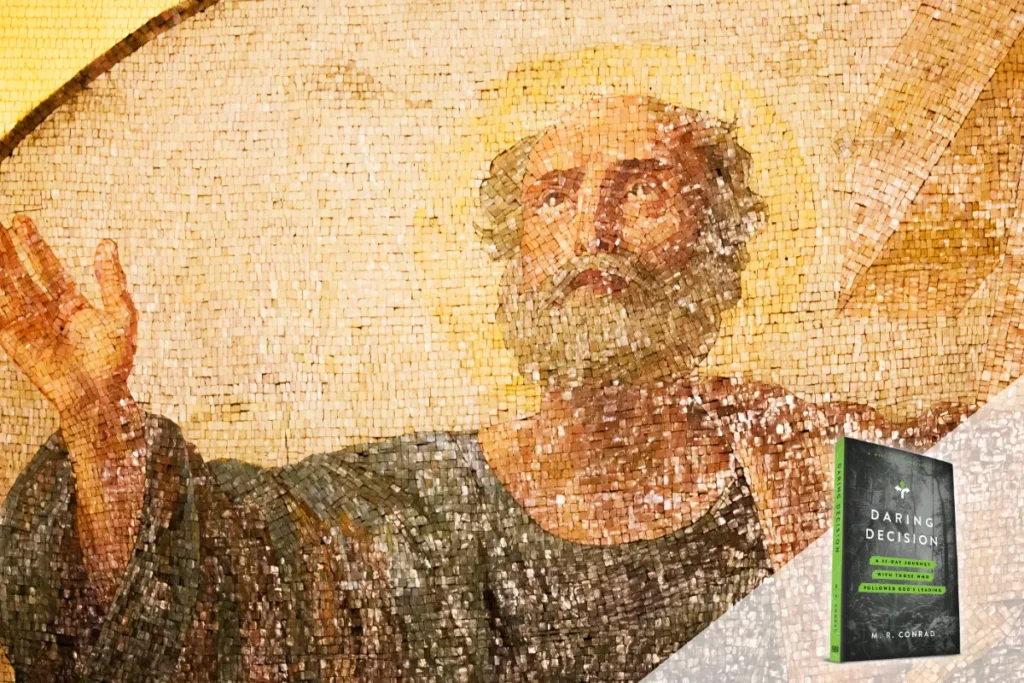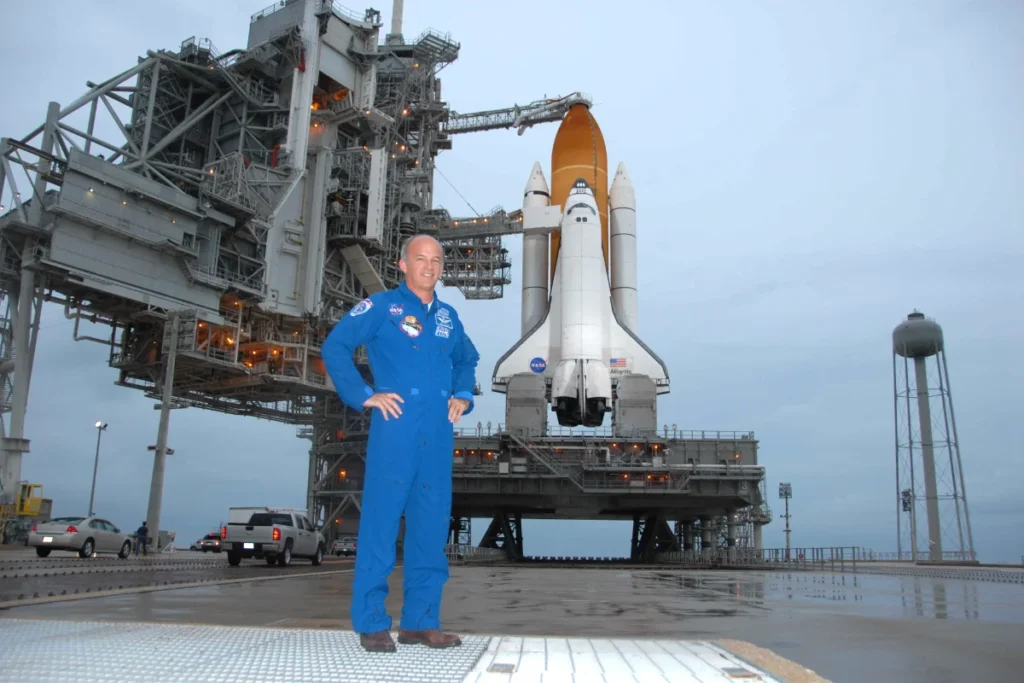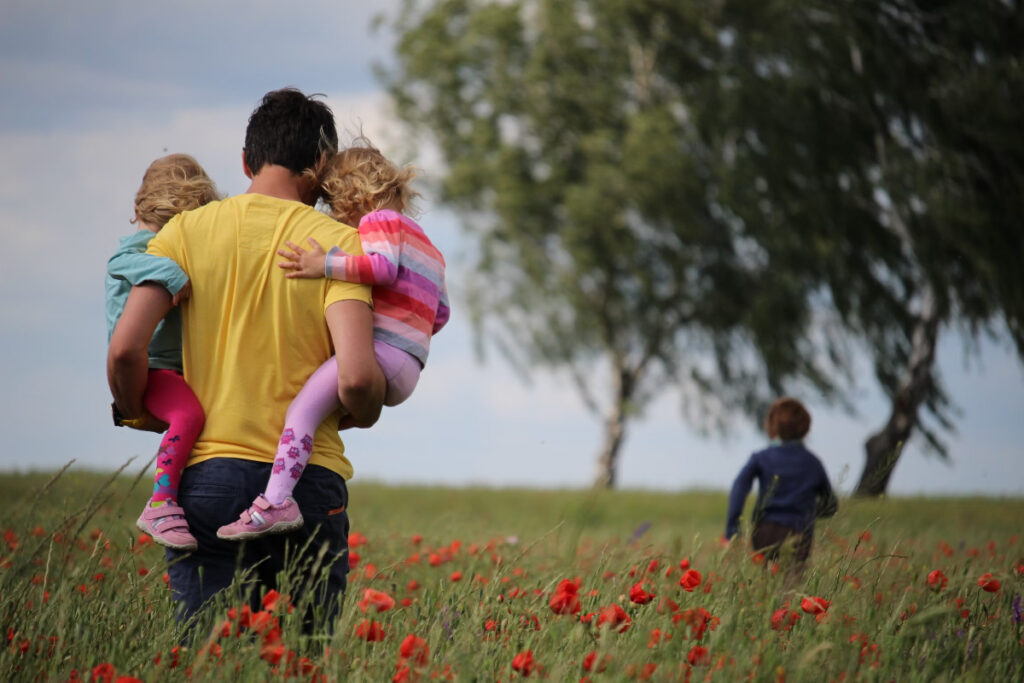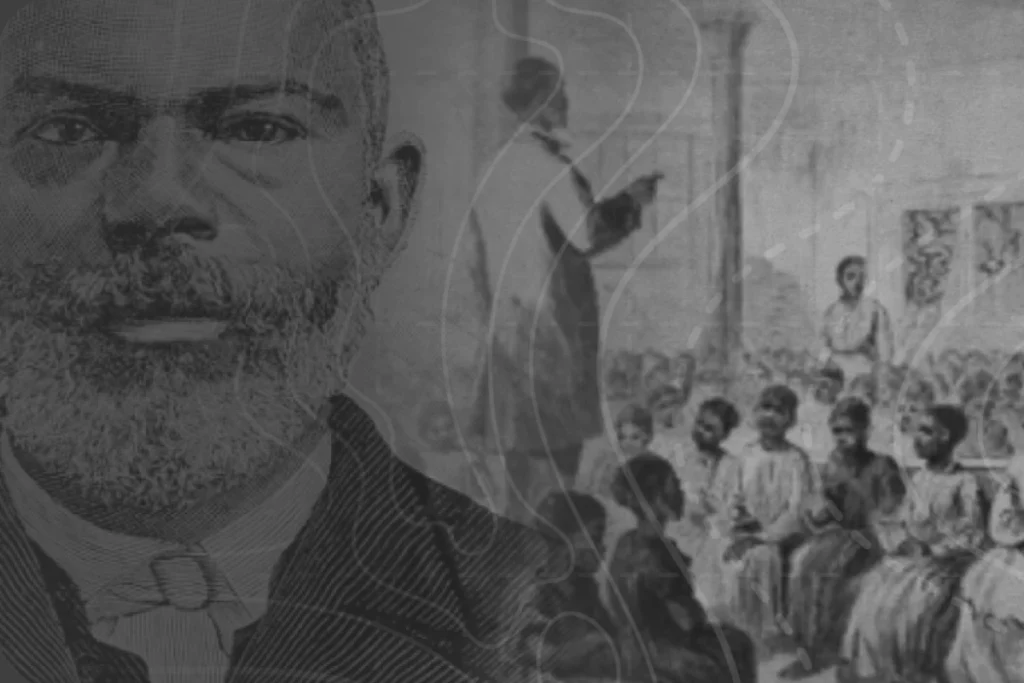
Blog
Hardships & True Thankfulness: On the 400th Anniversary of Thanksgiving 1621

If this year is the hardest year yet for thanksgiving, then let me suggest that it’s probably the best opportunity yet for you to magnify God’s worth by giving thanks to him. Hardships, in fact, provide the best occasion for true thankfulness.
Learning thankfulness from Psalm 136
Psalm 136 is all about giving thanks to God for his never-ending love. The love of God that’s praised twenty-six times in this song is a tough, strong, committed love—love that’s faithful to promises. It’s a love that’s constant no matter what’s going on in your life. Consider its five facets.
Your Sovereign’s Love Never Ends—Thank Him
God is sovereign (verse 1), he’s sovereign over angels (verse 2), and he’s sovereign over every human government (verse 3). So, believer, the music of the first three verses is that your God is sovereign. To be sovereign is to be in total control. Your God is in control of everything that happens—whether good or bad, big or small, in nature or in relationships. Now, you and I don’t often understand how what God allows is loving, but there’s a lot in God’s world we don’t understand. Nevertheless, the God whose love for us is strong and unending is sovereign, and we can thank him no matter what our circumstances this year.
Your Maker’s Love Never Ends—Thank Him
The poet then focuses on God your creator (verses 4-9) because creation irrefutably reveals God’s love. You must never lose your sense of awe over creation—over the sun’s rising and setting, the beauty of the ocean, and the water cycle. Never lose your wonder over how creation is so obviously and profoundly engineered—that airplane engineers got their designs from birds’ wings, that military engineers brainstorm for improved body armor using lobster shells, that prosthetic engineers always admit that they can’t make designs that improve on the originals, and that mechanical engineers haven’t come close to creating information storage banks like human DNA. As singer Andrew Peterson asks, “When you see the morning sun, burning through a silver mist, don’t you want to thank someone, don’t you want to thank someone for this?”
Your Savior’s Love Never Ends—Thank Him
Psalm 136 centers on the God of salvation, who worked miracles to rescue Israel from Egyptian enslavement (verses 10-16). Every facet of God’s work to save his people flowed out of his heart of love. Now, you must read Psalm 136 from your place in history—nearly three millennia after it was written. The Passover and Exodus were not ultimate events but preview events, anticipating a much greater Passover and Exodus.
God’s love is a tough, strong, committed love—love that’s faithful to promises.
Just like God protected the Israelites from death through the blood of a spotless lamb, so God provided a rescue from eternal condemnation through the blood of the Lamb. And, just like God sent his messenger to split the Red Sea in order to rescue Egypt from slavery, so God sent his Son to give his body to be broken in order to lead his people from sin’s enslavement to everlasting life in God’s presence. God’s works in Christ evidence his love for you! If you no longer fear death because you follow the risen Savior, never stop thanking God for his love.
Your Protector’s Love Never Ends—Thank Him
The God who decisively saves you is also the God committed to shepherding you day-to-day (verses 17-22). The Lord who saved you at your conversion continues to give you victory over your enemies today. He also helps you get back up after failure. Those “day by day” recoveries and victories reflect God’s faithful love for you. They provide you with ample reason for thankfulness to your Shepherd.
Your Sustainer’s Love Never Ends—Thank Him
God sustains the lives of his people (verses 23-24) as well as the lives of every creature (verse 25; compare with Acts 14:17). That God sustains the lives of everything in creation should be deeply humbling. It strikes at the root of every person’s instinctive sense of entitlement—that God owes us something. If you have breath today—no matter how much else in your life is bad—you are alive because God is good, and you should give him thanks.
Learning thankfulness from the Pilgrims of 1621
No matter what hardships you’re enduring this year, you have reason for giving thanks to the God whose love for you will never end. And, if this year is your worst yet, then you may be able to best relate to those who celebrated the first thanksgiving. Melanie Kirkpatrick, in her book, Thanksgiving: The Holiday at the Heart of the American Experience, reports on “the first harvest in the New World” in 1621:
“All together, only half of the men, women, and children who had sailed on the Mayflower were still alive a year after landing in the New World. Many fell victim to an illness that scholars theorize was a virulent form of influenza. The Pilgrims called it ‘the great sickness.’ Whatever it was, the weak, poorly nourished settlers started falling ill about two weeks after arriving in Plymouth….The illness spread rapidly. The few people who stayed well had to prepare the food, get the water, and care for the sick….[Kirkpatrick then asks:] In the face of such sadness, deprivation, and terror, how is it that in the late summer or early autumn of 1621, the Pilgrims came together with grateful hearts to celebrate their first harvest in the New World and give thanks?” (pages 5-6)
How were these battered people able to “celebrate”? Kirkpatrick answers that question by describing the Pilgrims’ deep English Protestant faith (pages 10-13). She describes the ways in which they sang psalms at church—including, no doubt, Psalm 136. She describes how they sang psalms even as they worked in the fields. They lived and breathed, knowing that God owed them nothing, yet had lovingly given them so much—including life and salvation. And the “grateful hearts” of 1621 are remarkable four hundred years later. See, the events that make this your hardest Thanksgiving yet probably make it your most genuine Thanksgiving yet.












